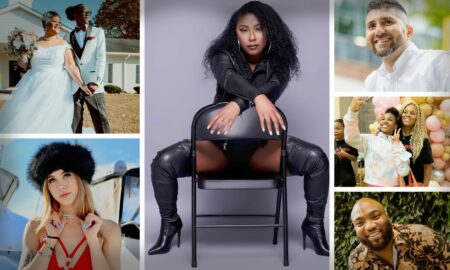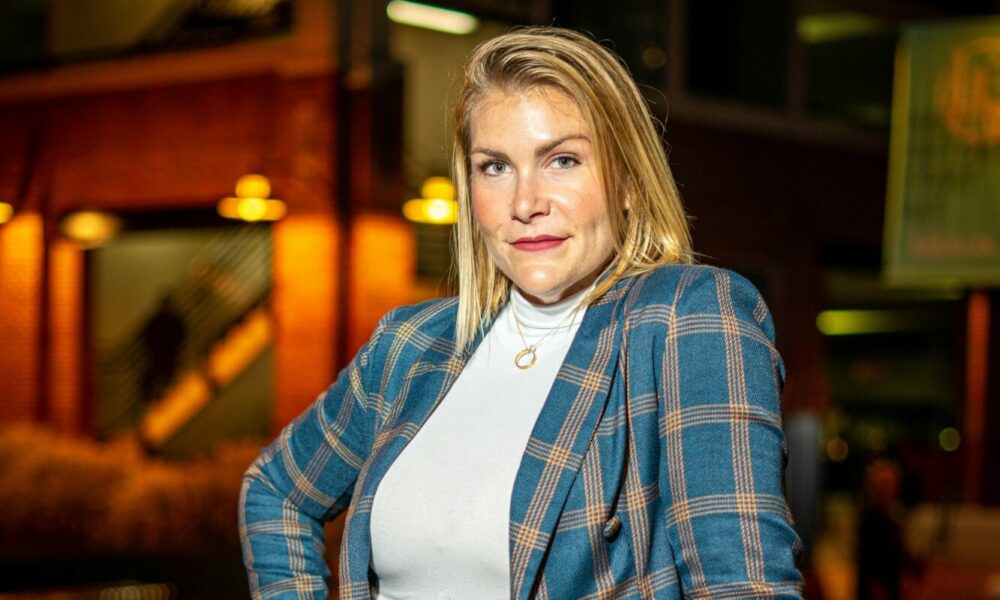

Today we’d like to introduce you to Sara Wilder.
Hi Sara, so excited to have you with us today. What can you tell us about your story?
Brief and my story in one sentence is funny. My background to be an early 30’s millennial white female is quite expansive. I have lived a lot of life. Where I grew up plays a role in what I have accomplished as it was the first realization I had to cultural dynamics. I was born and raised in the quaint seacoast town of Portsmouth, New Hampshire. New England is a beautiful region, and NH is known for its “Live Free or Die” motto, tax-less, and bone cold winters. The summers can get a bit intense since central AC units don’t exist, you sequester a small window AC unit in one room of the house, or the windows are opened once the sun sets so the seacoast breeze, that does nothing for the humidity will cool down the house a few degrees before it gets too hot by mid-morning. Visiting NH is a must for anyone though. The seafood is phenomenal, the ocean vast and mountains majestic. I highly recommended a visit, the best time being the early to mid Fall to catch the foliage. However, it was very apparent how UN-diverse my hometown was once I graduated high school and moved to North Carolina with my mom for more warmth and affordable higher education. With 17 years in NC, I claim my identity as ‘Northerner with a Southern twist’. In my profession as a mental health and addiction therapist, talking to many different people sways my accent more southern but true southerners know I am not one of them. It is quite humorous to make people guess though! NH has never been guessed. The North vs South experience is a fascinating cultural experience; however, despite there being a rich Native American history throughout the Northeast, history lessons about other races were basic. I got most of my lessons about cultural and racial dynamics by way of immersion or trial and error, starting mostly when I attended East Carolina University, where I went on to study social work and I received my MSW in 2014 in Clinical Social Work and Addictions. My exposure to the northern hustle, harsh winters, and hard realities has contributed to my resiliency in pursuing my purpose but it is also one of the biggest influences in my struggles.
My career choice is no coincidence. My exposure to addiction started young since the Northeast had the opioid epidemic running rampant. Thankfully, I was not attracted to using drugs as my family history was riddled with alcoholism; however, as I avoided drug use, I was not able to avoid the underlying and subtle pattern of addiction: codependency. Noticing the buzz around this word today, I am excited that people are understanding and accepting it more! I also have concerns that the magnitude and intricacy of what goes into managing the balance (and effects) of codependency can leave people unequip of the resources they need to navigate the journey of recovery effectively.
Codependent patterns are solidified into family systems and generational perspectives, causing dysfunctional communication patterns and unhealthy ways of coping with stress, that addressing them seems virtually impossible. The tricky thing is that codependency is what allows us to have relationships with each other; however, without awareness of imbalances, the covert pattern of what we feel, think or believe turns into a biased action, and at that point, we can be propelled in the direction of self-sabotage, with no realization to the damage we can do to ourselves and others in the process.
Why is this important to my story? Well, what lights a fire under codependent patterns is suffering. In my story, suffering started early on in small doses. I grew up within a strained family dynamic, my parents divorced by the time I was three years old and I began the life of packing up and transitioning every week. The degree of stress this dynamic causes on children can vary BUT it does have a significant impact, especially if the stress goes unaddressed. At one house I had my father and step mother, a self-employed plumber and a strong business-minded woman and 10 minutes across town I had my mom, the ‘do what it takes’ single mom. She briefly remarried, which brings its own stories but I will defer that to my book (presale available soon)! My family and identity were split in two directions: having to learn two schedules, sets of rules, and even two Christmases was bittersweet.
For my older brother, the stress presented as ADHD and he became the stereotypical ‘Ritalin’ poster kid of the ’90s. For me, I learned and adapted quickly as my brother paved the way, receiving the brunt of the discipline which taught me how to mask up real quick, avoid any chaos, and usually aligned me with the cookie jar, which quickly became my favorite self-soothing practice. So, I learned quickly to hide my eating as I began to associate it with negative reactions, mostly due to the frustration of coparenting that my parents each dealt with. A very simple misunderstanding that created a whole narrative of how I perceived the world and how I perceived myself. I never fit any numerical health chart for weight, I was overall pretty healthy, active in sports, just shy and I didn’t ever “look” like I was morbidly obese, so what was the big deal? Well, when your identity is wrapped up in how you appear to others, the relationship with yourself suffers. Food saved me from those moments of internal and external chaos when tension was high with the family, sarcastic jabs, and avoidant communication patterns trained me to reserve my reactions before I could interpret them, stunting my self-awareness and how I was able to communicate with others. This is still an easy imbalance for me, I will get Hangry real quick if I don’t pay attention to my needs. Balance is a skill!
At that point, my sensory motivation took over, sugar and food became the boost I could count on. It became problematic with how my parents could understand or help me figure out what I was going through and caused a lot of tension within my relationships, especially with my mother. My self-esteem varied, my weight felt like my identity, and I just forced myself to be okay. My mom couldn’t understand and my father would protect me. Until he couldn’t. It was January 2005, right after the new year that my father was diagnosed with terminal brain cancer, and by the end of October, he was gone. If that was not enough, a few weeks later, my brother called from college to inform my mother that he would be deployed to the middle east within the next few weeks. I remember thinking, first my dad, now my brother, and then? Well, there was one more threat to my stability when my mom was diagnosed with breast cancer on Dec 30th of that same year. 2005 took whatever light I had left dealing with my chronic and variable self-esteem. In my book, I talk about the multitude of reflections and lessons that surfaced during this time but for a long time, I felt nothing. My father was gone and what I could understand about myself went with it.
I was already so good at avoiding my emotions, not registering the stress I felt that I had no desire, nor awareness, that I wasn’t coping with grief by not thinking about it and keeping on. My brother was safe, still a strong and amazing leader for this country, and my mom kicked cancers a**. Unfortunately, that didn’t bring the lights back on for me. It wasn’t until later in my life, after college, grad school, and some professional experience in some really unhealthy and toxic environments, that I gained perspective. I was mirrored by the trauma and overwhelming grief that I had avoided in every facet of my life. It presented as inconsistent, noncommital relationships with men, impulsive and overspending on credit cards, people pleasing, conflict avoidance, weight slowly creeping closer to 400lbs, binge eating, and acquiring my own diagnoses to “fix” the problem with medications. All self-perpetuated chaos that always landed me back in the same place to deal with the same problem: learn how to cope with stress, grief and practice what I preach.
So I made the first intentional commitment to myself that I could remember. Value my own health. After a few years of counseling my clients on how to make decisions, problem solve and studying their trauma, I was able to finally see the value of turning inward to mine. I studied the patterns I played with my own unhealthy thoughts and feelings. It was game on with me, myself and I for the first part of my life! To be clear, I do NOT encourage anyone to do healing by yourself. This is where I admit I did not practice what I teach. I involved a few trusted colleagues to help guide me through the hard stuff but I convinced myself I had to do it on my own. Some of which is true, there is a lot of alone time in healing, but do not mistake that with doing it on your own.
Once I was able to get the small wins like conquering my fears, having hard conversations successfully, grieved the losses that come with growth, I could feel the momentum and self-efficacy building. I had to relearn how I interpreted the world, the language I spoke, and how to manipulate the energy that I internalize from being (professionally) responsible for the needs and well-being of others, as well as my own life. As a healthcare provider, my client’s traumatic experiences can impact me just as seriously as they do my clients. It is a blessing and a curse in many ways to learning about all the things that happen to people and what people are capable of. I promise you, it has made dating and watching reality TV nearly impossible as I know way too much about how people operate.
Body weight is a physical manifestation of psychological and emotional conflict. I said it when I was an unhealthy provider and I believe it now that I am a healthier provider. If someone has enough conflicts (aka stress) it will cause emotional backup. I just continued to absorb from the environments and people which, as a result, caused my body to expand. I had to accommodate all the energy I received from others, what I produced myself, and I was unable to discard what was not mine. Now, after 170-ish pounds released, I am more connected to my life than ever before. I feel as I am human, but I definitely have to remember I need more layers of clothes since I don’t have as much insulation anymore!
Would you say it’s been a smooth road, and if not what are some of the biggest challenges you’ve faced along the way?
I must say, I am skeptical of the idea of a ‘smooth road’! Life gives no buffers to the realities of it, only after you have been on the road a few times and know what to expect. If I had to note some of the hardest curves and dips in the journey thus far they would be learning to understand the things I cannot control but that I have responsibility to address the impact in order to move through life; sometimes losing people and relationships as a result of mistakes while improving myself, allowing people their own experiences during my healing, knowing my mistakes caused hurt for people, getting back up when hurt knocks me down. Those have been some of the struggles. Although, there is one struggle that I expect to continue for the remainder of my journey. That is practicing perspective. Accepting the point of view of other people to deposit into the mind, consider the perspective I may be missing about how I am showing up, and only using that information as a source to discern who I want to be in the world is one of the most challenging things to navigate. I believe in practicing perspective develops trust in ourselves so we can withstand other people’s insistent on telling we Who they think I am or how I should be. The best thing about therapy is that you don’t have to do it alone and you have a guide to support you through the ups and downs!
Change took grit, perseverance, and resiliency, some naturally gifted to me, most worked for through intentional living. I had to develop the discipline that I went to tasty lengths to avoid. But if I could do it, that makes it POSSIBLE for anyone else to accomplish. I am grateful, to say the least, l that I get to live in my purpose by helping those who have been torn down by traumatic experiences and the consequences of generational ignorance.
We’ve been impressed with Perspective Counseling, PLLC, but for folks who might not be as familiar, what can you share with them about what you do and what sets you apart from others?
I have had numerous roles within the social work field: residential substance abuse treatment for women with children, inpatient detox and psychiatric hospital, case management, forensic social work in correctional settings, outpatient, but it was not until I tapped into my entrepreneurial spirit that I felt at home. In a nutshell, what I do, it depends on how you view it. I own Perspective Counseling, where I house a little bit of a lot, mainly, Therapeutic Life Consulting. I am working on scaling myself and have some exciting things coming together for 2023. Overall, I am an advocate and educator for people’s identity, past, present, and future. I educate on mental health and psychological constructs that lead to addiction, but generally, help cope with any undesirable consequences in a person’s life. I am known for bringing progressiveness into the healing process so people can get unstuck. Therapy is not a lifelong service and I am focused on the work, get you what you need, learning to manage on your own, and get you living and thriving in your own life. Plus, you can always check back in and let me know when you need a little tune-up.
One way I encourage my clients to view emotional regulation and emotional intelligence is like learning a new language. Once learned and practiced individually, you can share that language by communicating with the diverse and vast amount of people who understand it, and that everyone has their own dialects. Unfortunately, vulnerability and authenticity is a foreign languages to many. I don’t blame the nonbelievers! It was not fun to shift my perspective, muck through the experiences and feelings I had, and learning to love the person I was with when I was alone, challenging myself to feel and overcome the pain that I would typically mask or minimize.
What sets me apart is that I lead with vulnerability to the process of growth. I’m fairly new to leadership so I have a lot to learn but my goal as a leader is to remain a student in aspects of life that are foreign to me. This is where the importance of culture and diversity reintegrate into my story. I realized when George Floyd was murdered in 2020 that I needed to be intentional about leading with understanding as I had no clue how to support my friends and colleagues, I just knew I had a skill that could help. I had to be a student to experience of racial discrimination while owning what I knew about healing and also understanding my own experience of race. Why culture and diversity are important in my story is it really allowed me to connect with how race and mental health are interconnected and I talk about this in my podcast, Perspective Circles. I believe the space for vulnerable conversations will help those willing to accept being a student to the experiences of others while understanding their own racial identity. Leading with understanding for people has allowed people to understand me and find peace. When we can learn to understand ourselves and each other, interactions come with more ease.
What was your favorite childhood memory?
Part of my diverse background I mentioned earlier, I spent a year a half in Germany when I was 9 years old. One of my favorite memories is showing my dad around the city when he visited, which helps offset the trauma (at the time) of being immersed in German culture, already shy and anxious about people, and language barriers with most of the kids my age. Not much of a surprise that my father would be part of my favorite memories but this memory is a bit more sentimental than that. Brief backstory: The move to Germany was yet another strain in the co-parenting dynamic. My father had fought for joint custody in the divorce so he fought again when my mom proposed this move upon her marriage to my (ex) stepfather at the time. My father was a local to my hometown and had not seen much of the world at this point but also loved us so much that his limitations in an experience almost changed the course of the story I can tell today.
This year and a half abroad was extremely formative for my independence and ability to navigate my purpose the way I do. And if it weren’t for the aforementioned trauma, I wouldn’t be the woman I am today.
Ok, but that isn’t the memory! As a neurodivergent in storytelling and interests, I had a brief stint with playing the guitar while in Germany. My dad taught himself to play which I thought was so cool and of course, I followed. This memory was previously embarrassing in some ways because I was chubby and homelyAF a part of my life. I was such a little dweeb. But after some reframing, this is my favorite memory because despite the way I looked or felt about myself, my father encouraged me to do anything that made me happy.
When he visited Germany for that week or so, he brought his guitar and let me walk around Heidelberg with the guitar case, no care to what others thought nor a purpose other than it put a smile on my face. There is that little girl in all of us (little boy for men) that needs to be told that she can do anything that makes her happy and have someone give her the space to do it without judgment. When I recall this memory now, I can feel the sense of freedom and confidence about who I was in that moment and no longer am embarrassed. Unless the pictures get brought out, then you will see how easily I blush!
Contact Info:
- Website: www.sarawilderLCSW.com
- Instagram: @swilder123 @rightsize_perspective
- Facebook: https://www.facebook.com/sara.l.wilder/
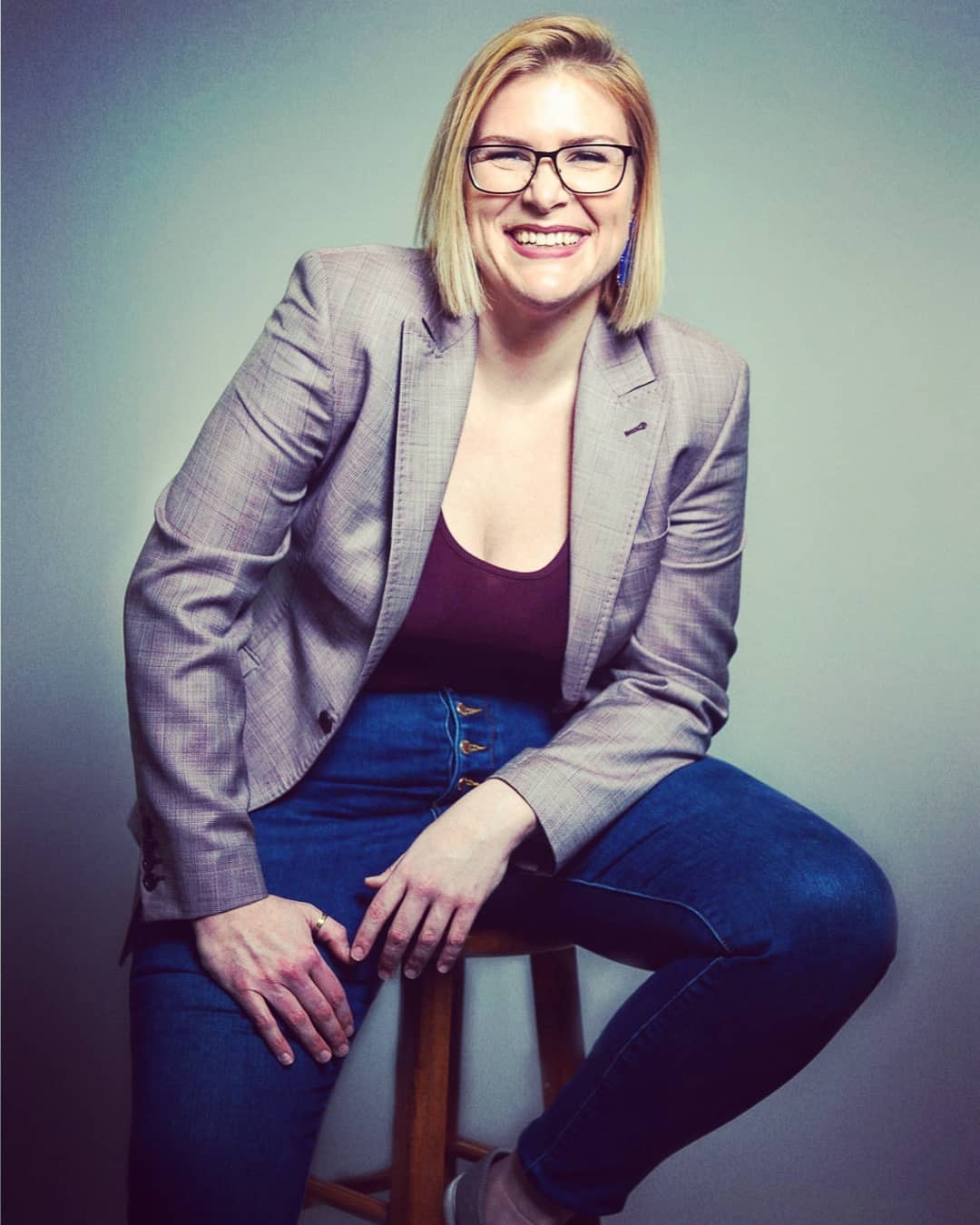
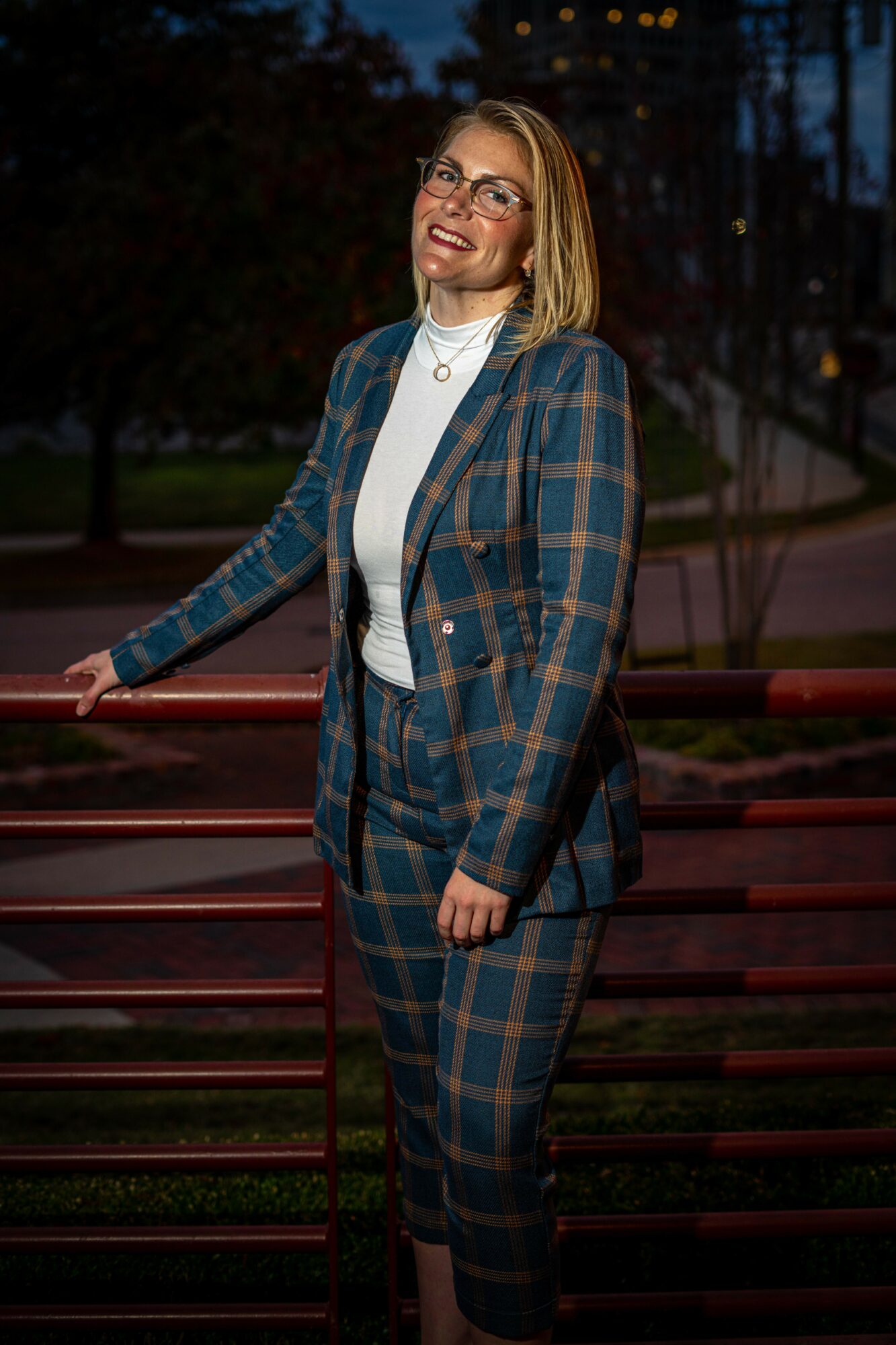
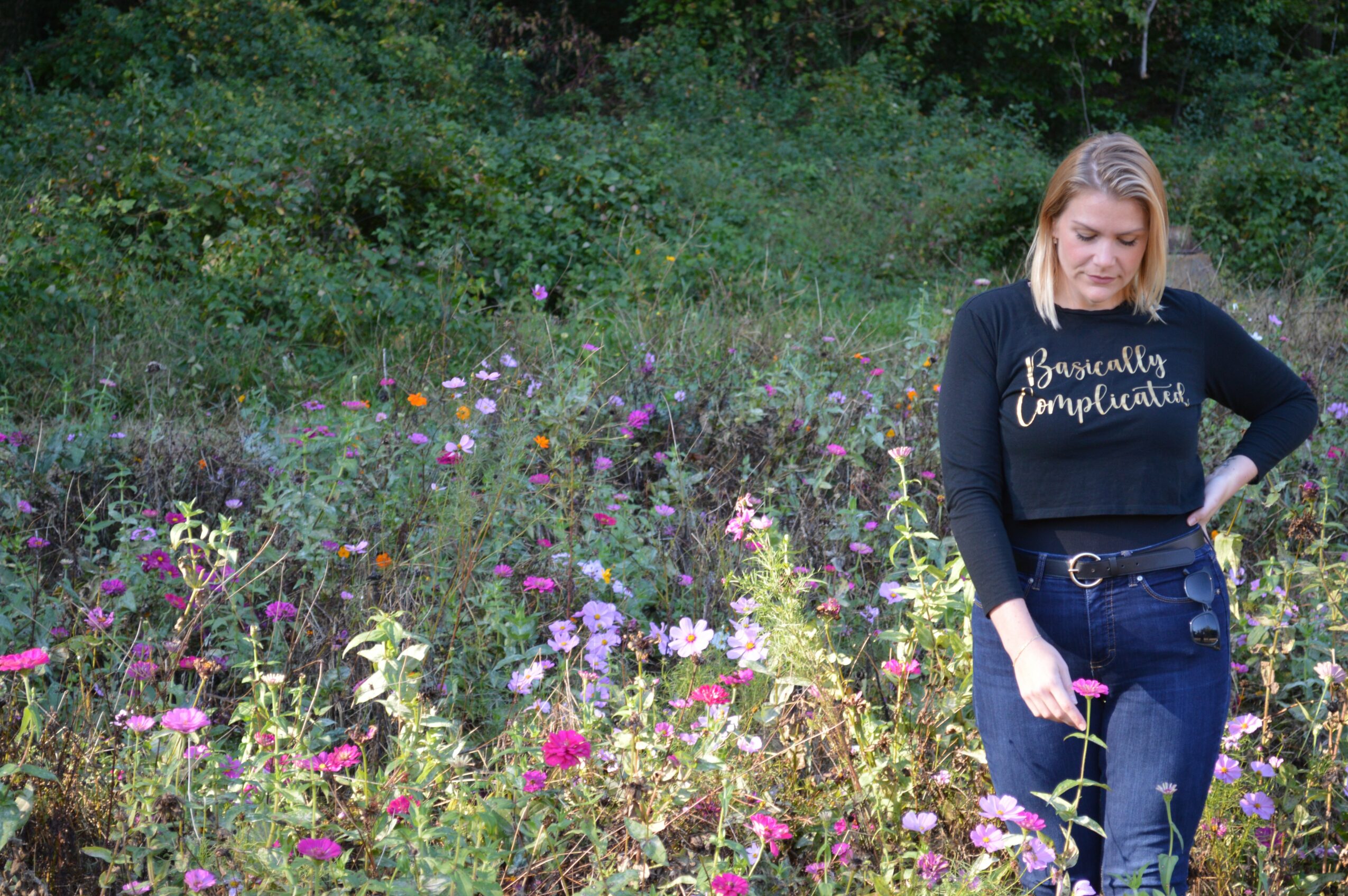
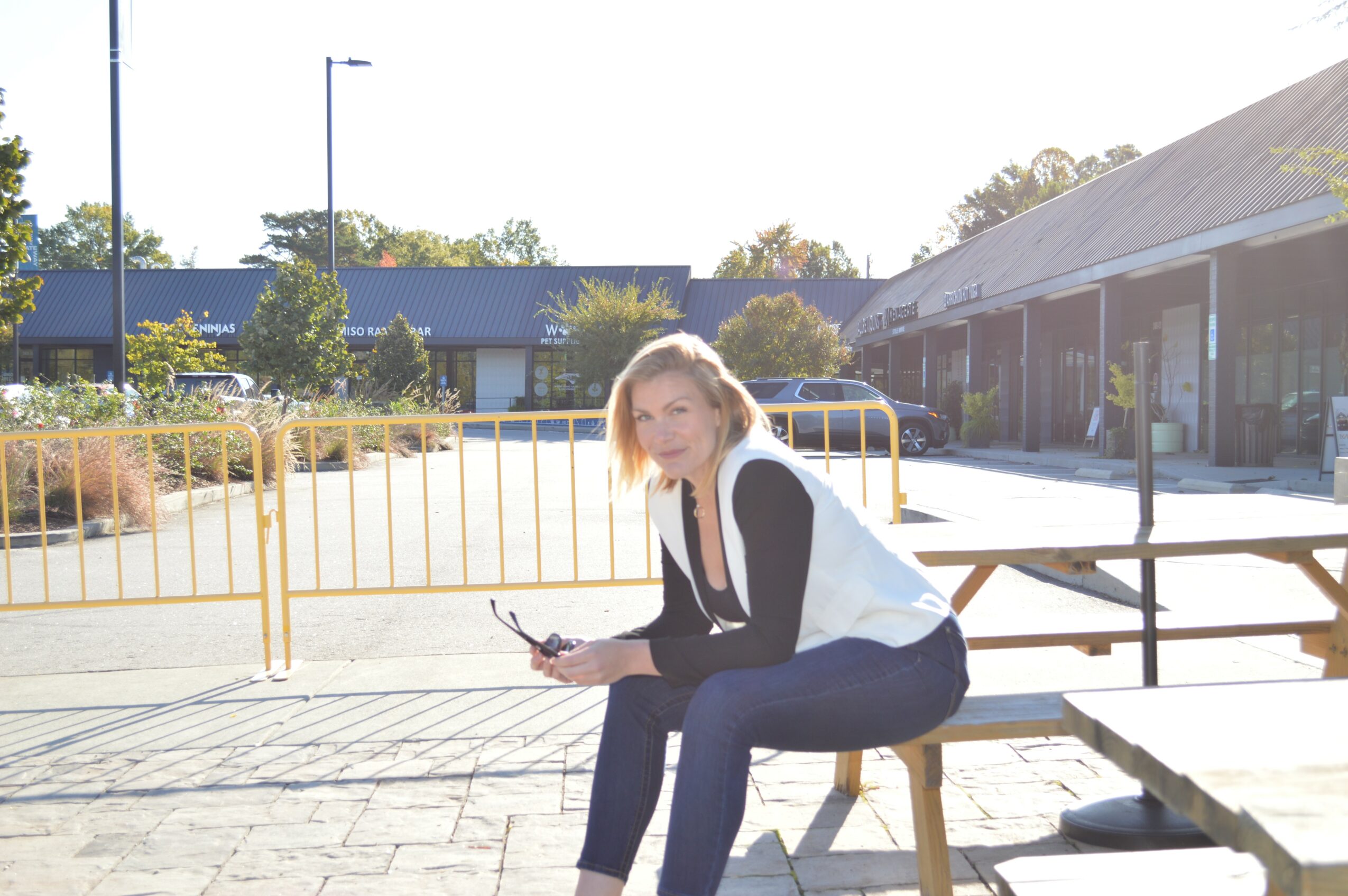
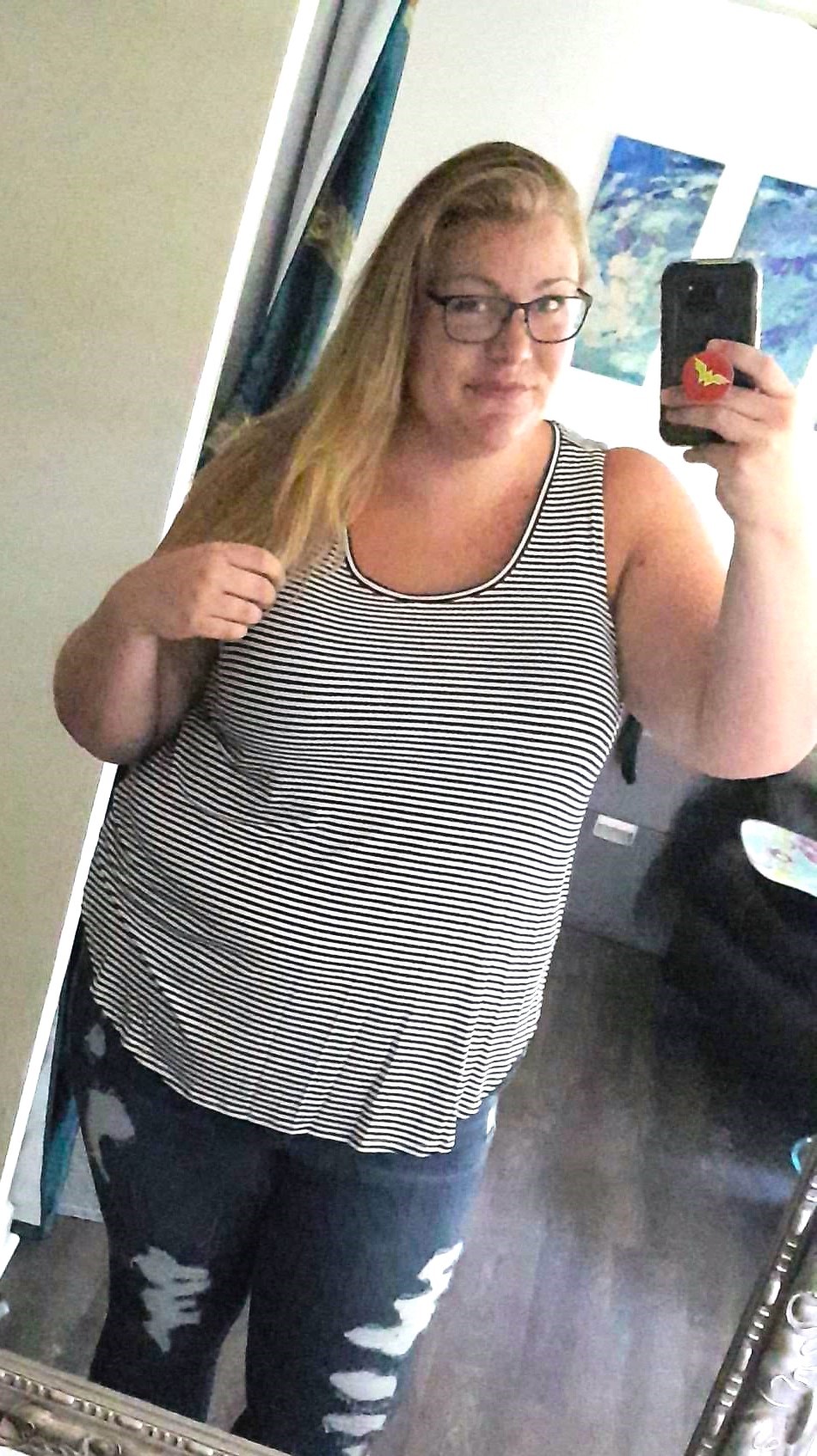
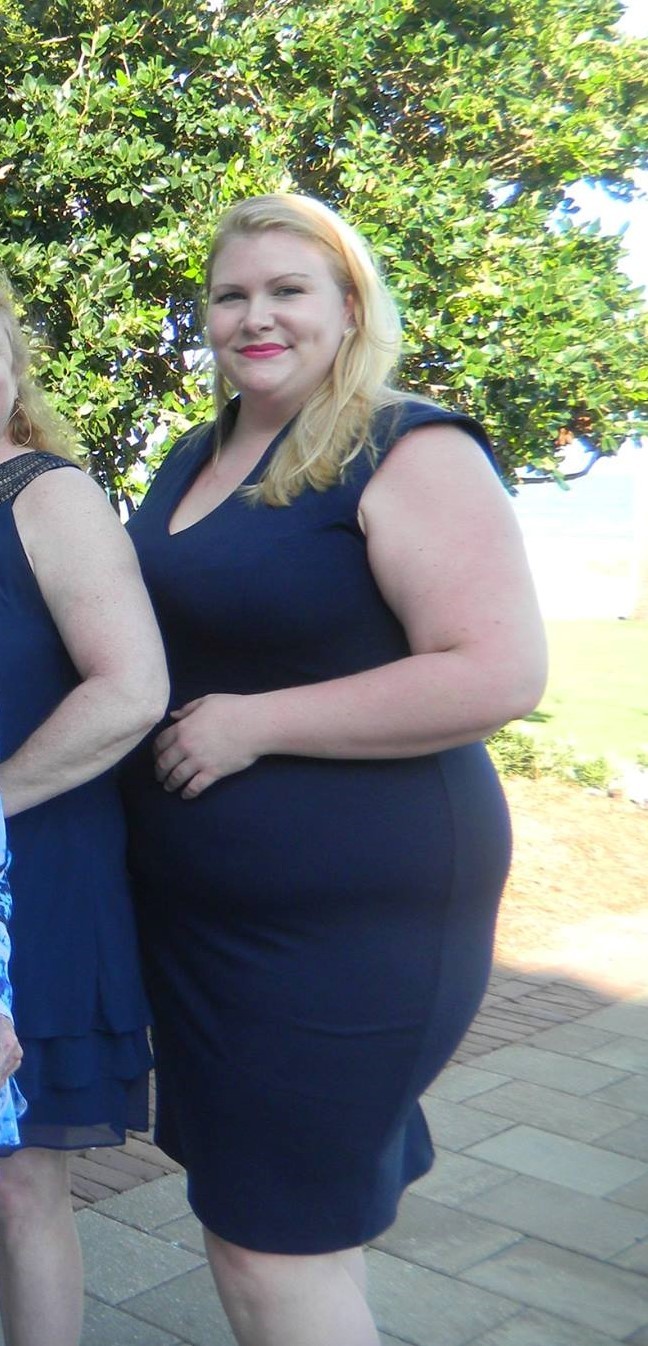
Image Credits
Mr. Najee Brown

